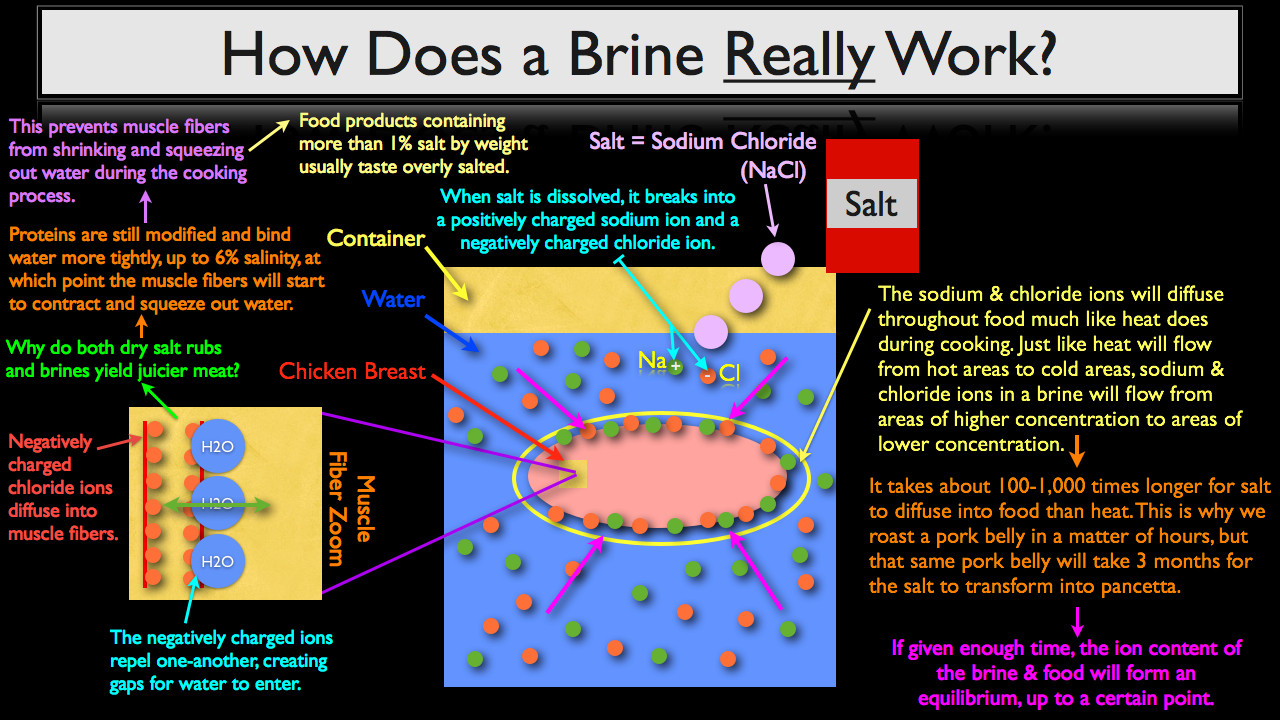I agree with @rumtscho that you should not need to salt after brining. However, I totally disagree with the accepted answer. There are simply too many reputable sources that say otherwise, not to mention my own experience.
First, please see the accepted answer to this question the accepted answer to this question which is from Cook's Illustrated.
Secondly, this article from Stella Culinary gives a very detailed description of what brining is and how it works. Please see excerpts below.
What Is A Brine and Why Should I Use It?
In its simplest form, brine is a salt and water solution that food products, most commonly meats, are soaked in for a given period of time to improve the product’s overall quality.
When food is brined correctly, the process yields three major benefits:
- Textural improvement, especially when brining proteins.
- Brines can and will enhance overall flavor. Not only does the salt contained within a brine help to season the food product (assuming the brine is applied correctly), but brines also commonly contain secondary flavor profiles such as herbs, spices and aromatics, that are chosen specifically to enhance the overall flavor of the food product being brined.
- By far the biggest reason food is brined, and that’s moisture retention. Especially when it comes to cooking lean proteins such as chicken breast, pork tenderloin and even fish, brining allows proteins to retain more moisture throughout the cooking process resulting in a moister finished product.
How Do Brines Work?
The most conventional explanation of how brining works describes the movement of salt and water into proteins through a process called osmosis. This however is incorrect. Brining actually works through diffusion, not osmosis, and it’s important to make that distinction if we are to truly understand how a brine works.

This is a very good article and gives an in-depth look at brining. I personally use a gradient brine (5%) or dry rub and I can personally attest that the salt does get into the meat.
